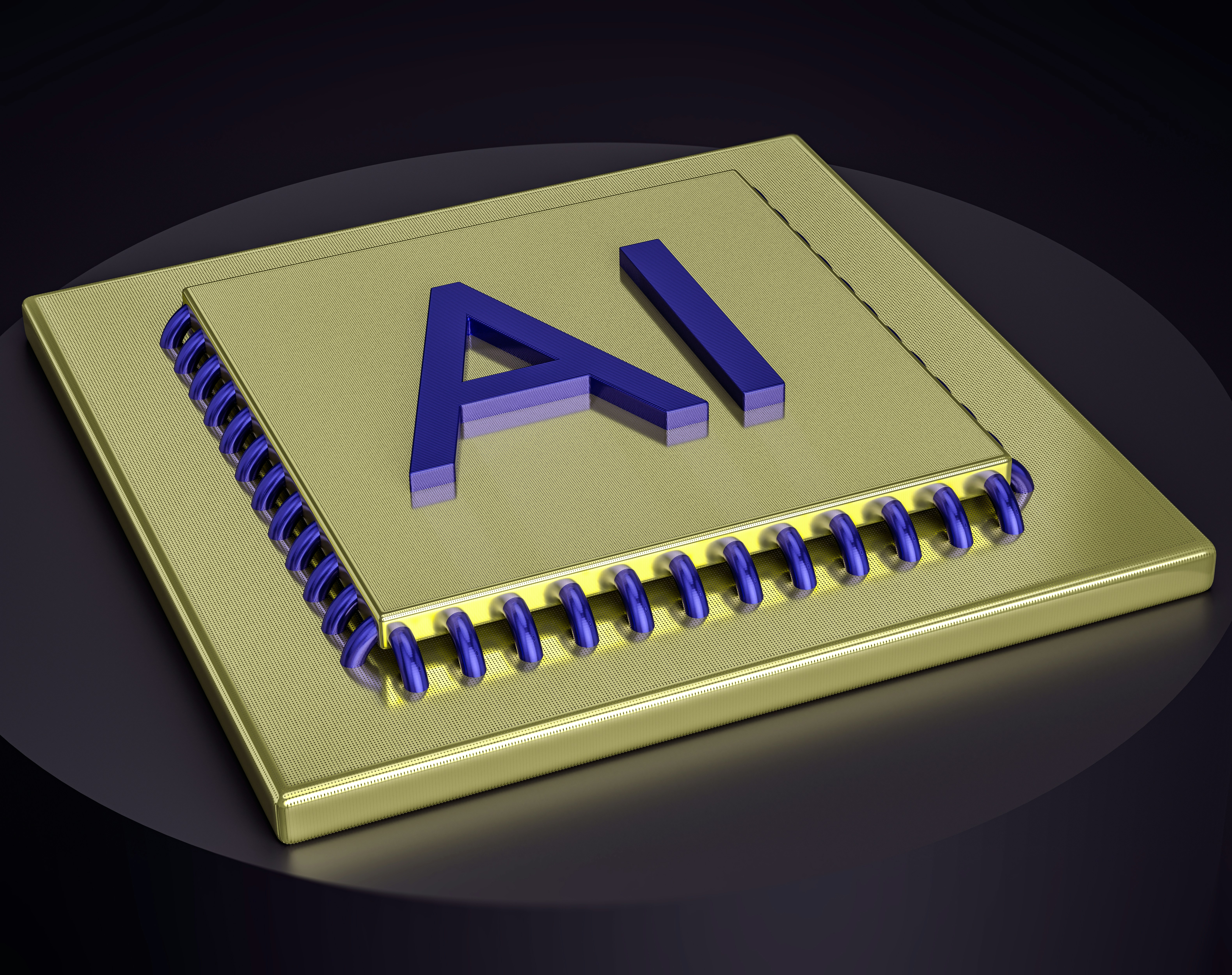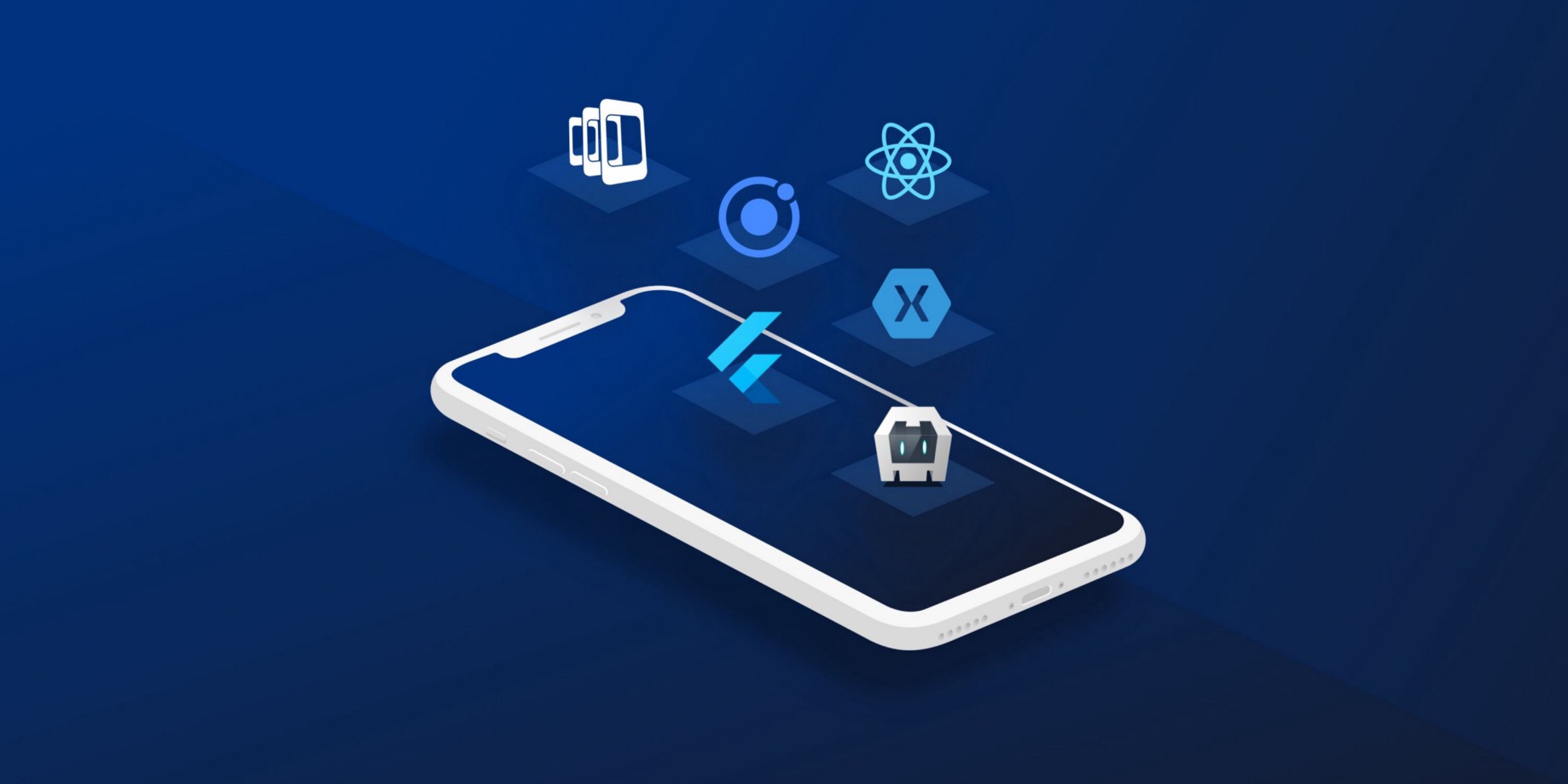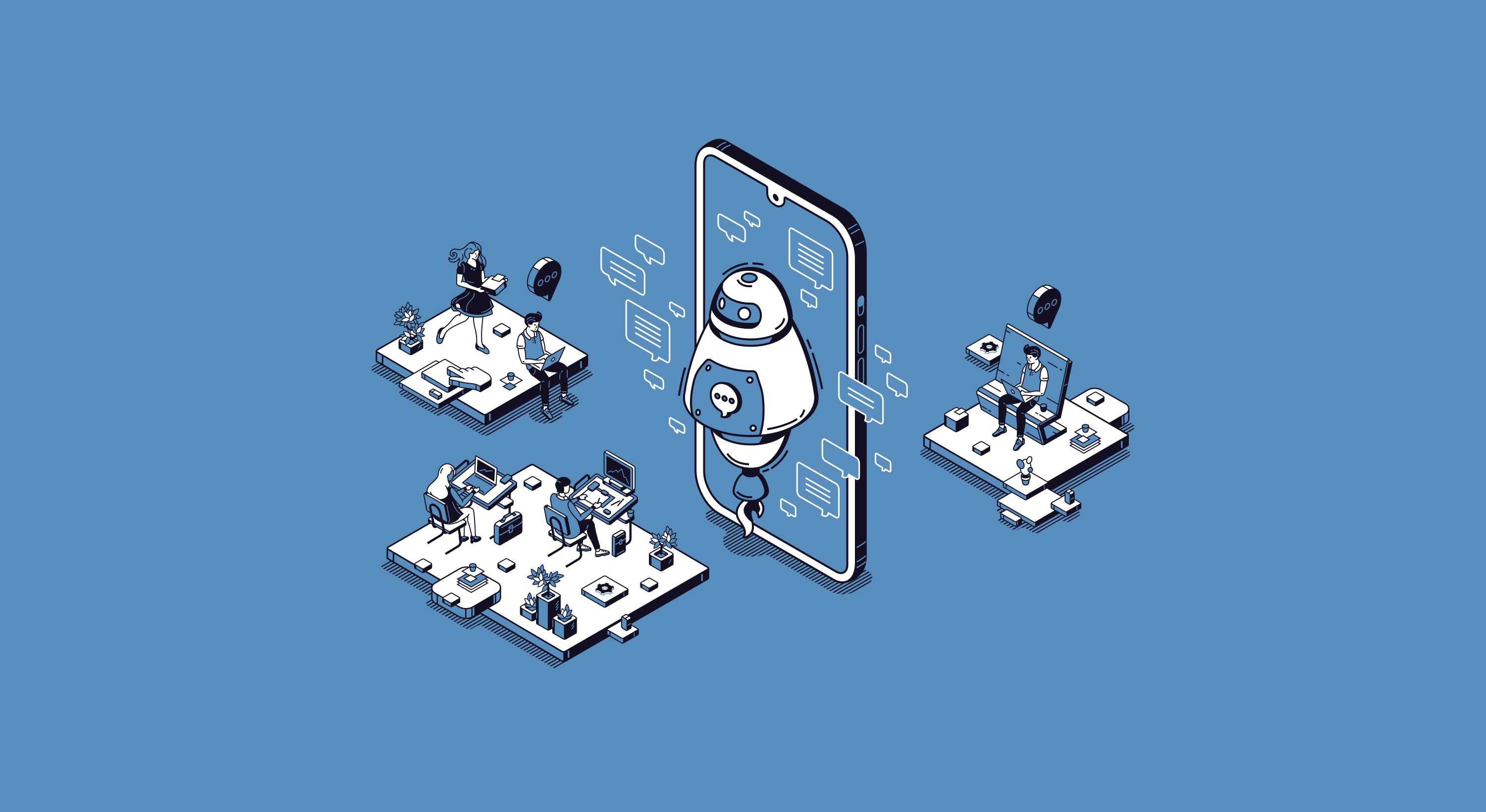Unlocking the Power of AI in Manufacturing For 2024

Artificial intelligence (AI) is being gradually integrated into almost every aspect of our lives. Its applications are numerous and ever-evolving, ranging from driverless vehicles to geology, health, customer data analysis, and even entertainment. For manufacturing, AI is revolutionizing the industry with its transformative capabilities by enhancing efficiency, accuracy, and productivity across various processes.
It is undoubtedly reported that manufacturing firms are pledging huge commitments to optimize AI in their processes. The global AI in manufacturing market was estimated to be valued at #3.2 billion in 2023 and is poised to grow to $20.8 billion by 2028. While there are no limitations to AI utilization in manufacturing, let’s dive deeper into the realm of AI’s presence in this sector.
What is AI in Manufacturing?
Industrial IoT and smart factories generate massive data amounts daily, resulting in various applications for AI in manufacturing.
So, AI in manufacturing refers to the use of machine learning (ML) solutions and deep learning neural networks to optimize manufacturing processes with improved data analysis and decision-making.
Applying AI to the process of manufacturing brings back many other potential uses and benefits, such as improved demand forecasting and reduced waste of raw materials. Industrial manufacturing settings require tight collaboration between human resources and machine systems.
The Impacts of AI in Manufacturing
The goal of manufacturing is to provide consistently high-quality performance with the lowest cost and fastest speed. Therefore, the emergence of AI in the manufacturing factory enhances working productivity, efficiency, and decision-making processes. Briefly, AI in manufacturing often helps to refine product inspection and quality control management, augment human capabilities, and enable preventative maintenance.
Generally, AI betters the manufacturing environment by fostering innovation, cutting expenses, and improving overall operational performance. To better understand the importance of AI for the manufacturing industry, let’s study its popular use cases with real-life examples.
Use cases of AI in Manufacturing
AI associated with manufacturing is instigating a revolutionary shift, propelling the industry towards unprecedented advancements and efficiencies. Here are the top 6 AI use cases in manufacturing:
Cobots
Collaborative robots, also known as cobots, are crucial to AI-driven manufacturing because they boost output by working alongside human operators. Cobots assist in picking and packing at fulfillment facilities. To increase total production and efficiency, cobots securely collaborate with humans to accomplish a variety of tasks like picking parts, running machines, carrying out different procedures, and even doing quality inspections.
Cobots can work in unison with human workers to conduct complex assembly procedures and quality control checks. This proactive strategy guarantees optimal equipment performance, lowers maintenance costs, and minimizes downtime.
Supply chain management
Manufacturers can accomplish autonomous planning—continuous, closed-loop, completely automated planning—to maintain supply-chain performance even under volatile situations with minimal human oversight with the aid of artificial intelligence (AI), machine learning (ML), and Big Data analytics.
AI agents can be used by industrial businesses to schedule intricate production processes. To deliver products on schedule, the agents can take into account a range of characteristics and determine the optimum approach to maximize throughput at the lowest possible changeover cost.
Proactive, predictive maintenance
By employing artificial intelligence (AI) to track and examine data from shop floor operations and machinery, manufacturers can spot unusual trends that could indicate or even stop malfunctions.
AI, for instance, may analyze data from vibration, thermal imaging, and oil analysis to determine how well machinery is doing. Manufacturers may also precisely and accurately forecast the downtime that impacts production scheduling and related activities by using insights provided by artificial intelligence (AI) to provision replacement parts and consumables, leading to the success of Increased production, cost-effectiveness, and equipment longevity.
Quality check automation
In terms of testing and quality control, AI is revolutionary. It is possible to automatically identify product flaws and equipment damage using image recognition. AI algorithms, for instance, can forecast whether a product has to be recycled or discarded, or if it just needs to be reworked based on photographs of working and broken products.
Furthermore, improvement opportunities can be found by using AI's analytical powers to find trends in incident reports, customer complaints, production data, etc.
The design, development, customization, and innovation of products
Product conceptualization can be revolutionized by generative AI through the analysis of market trends, the highlighting of changes in regulatory compliance, the summarization of product research and user feedback, etc. By comparing specifications to the pertinent standards and laws, product designers can assure compliance while also innovating and improving goods based on these findings.
The speed at which the algorithms may produce inventive designs surpasses that of conventional techniques. This implies that producers can maximize the features of their products that matter most to them, such as performance, safety, appearance, or even profitability. Additionally, producers may develop, test, and revise product ideas without having to build physical prototypes by using AI solutions and simulation software; this reduces development time and costs and improves product performance.
Giving workers more authority
Artificial Intelligence frees up manufacturing workers' time to concentrate on more complex or creative projects by automating time-consuming and laborious jobs. To increase worker productivity and effectiveness, AI can also suggest the optimal course of action. Modern AI solutions, when combined with wearable technology and sensors, can alert manufacturing workers to potential hazards on the shop floor, in contrast to the outdated robots of the past.
How Custom AI Solutions from Axalize Can Help You Achieve Manufacturing Excellence
As briefly expressed, many AI applications in manufacturing play in transforming different parts of the industry to increase efficiency, accuracy, and cost-effectiveness.
If you're looking for professional AI development services to enhance your manufacturing processes fully, don’t hesitate to contact Axalize! We offer premium services for creating cutting-edge AI & ML solutions, especially for manufacturing firms.


